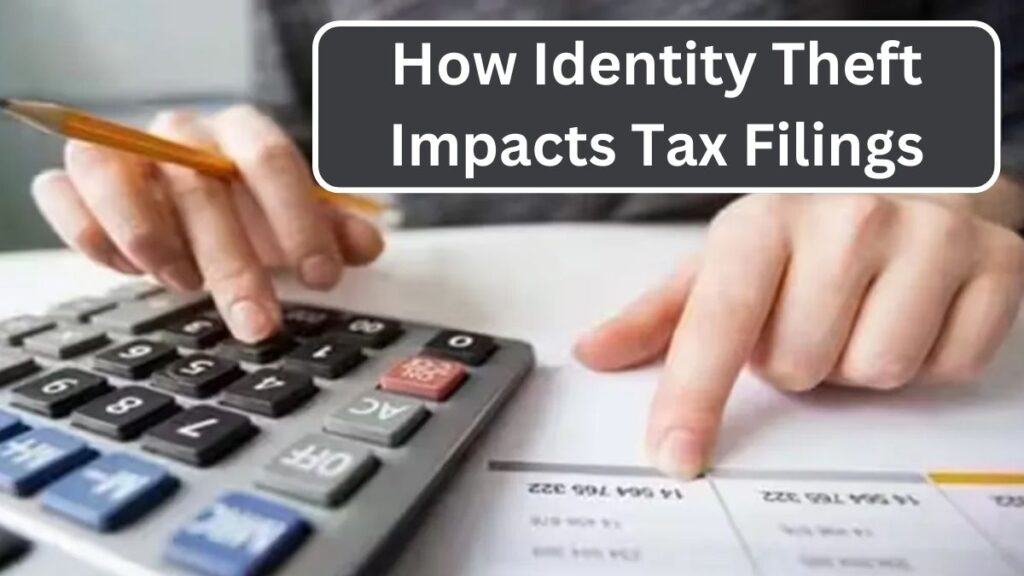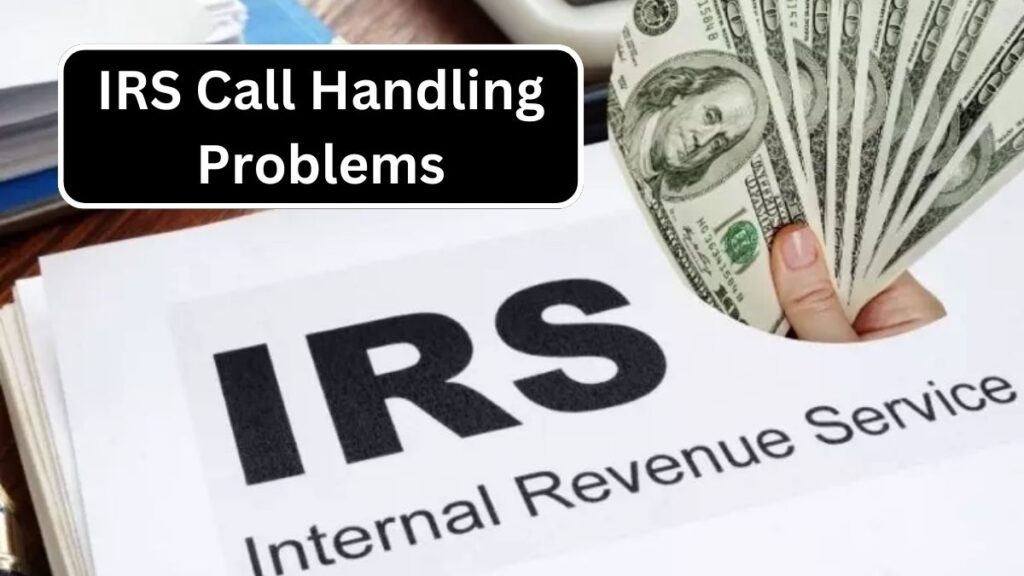The Internal Revenue Service (IRS) is dealing with a big problem—a huge backlog of about 500,000 unresolved identity theft cases. This issue has gotten worse over the past year, making it tough for many low-income taxpayers to get their federal tax refunds. The National Taxpayer Advocate has recently released a report highlighting these issues and offering suggestions to improve the situation.
Why Fixing the Backlog Matters

This backlog is a serious problem because it affects thousands of people, especially those with low incomes. These taxpayers count on their tax refunds for important expenses. When identity theft cases take too long to process, they are left waiting for the money they need. Erin Collins, the National Taxpayer Advocate, has been outspoken about this issue. She recognizes that although the IRS has made some improvements, the agency still faces big challenges.
Erin Collins’ View on the Situation
Erin Collins has seen the IRS move from a crisis mode to a more positive outlook. She notes that while progress has been made, there are still obstacles to overcome, particularly in updating the IRS’s technology systems and business processes. Despite these challenges, Collins remains hopeful that these changes will lead to better outcomes for taxpayers.
How Identity Theft Impacts Tax Filings

Identity theft in tax filings happens when someone uses a taxpayer’s personal information to file a fake tax return. When this occurs, the IRS has to freeze the return to figure out which one is real. Unfortunately, this process can take a long time—currently over 22 months—leaving the victim unable to get their refund.
The Effect on Low-Income Taxpayers
In 2023, a large number of taxpayers affected by identity theft had incomes at or below 250% of the federal poverty level. This group is especially vulnerable because they often rely on their tax refunds for essential expenses. The delay in resolving these cases adds even more financial strain to households that are already struggling.
| Topic | Details |
|---|---|
| IRS Backlog of Identity Theft Cases | The IRS is currently dealing with around 500,000 unresolved identity theft cases, leading to significant delays. |
| Impact on Tax Refunds | Identity theft cases cause delays in tax refunds, as the IRS must investigate and confirm the legitimate filing. |
| Affected Demographic | Low-income taxpayers, particularly those with incomes at or below 250% of the federal poverty level, are most affected. |
| Processing Time | Resolving identity theft cases can currently take over 22 months, leaving taxpayers without their refunds for an extended period. |
| IRS Call Handling Issues | During the 2024 filing season, the IRS answered only 31% of calls due to automated responses, call routing issues, and high volumes. |
| IRS Modernization Efforts | The IRS is working on modernizing its technology systems and processes to speed up the resolution of identity theft cases. |
| Funding for Improvement | The IRS received $58 billion from the Inflation Reduction Act, including $3.2 billion for taxpayer services and $4.8 billion for system upgrades. |
| Recommendations for Improvement | The National Taxpayer Advocate suggests better resource allocation and continued modernization to reduce the backlog and improve services. |
| Impact on Low-Income Taxpayers | Delays in receiving tax refunds cause financial strain, as many low-income taxpayers rely on these funds for essential expenses. |
| Steps to Protect Against Identity Theft | To protect against identity theft, taxpayers should secure their personal information, use strong passwords, and file taxes early. |
IRS Call Handling Problems

During the 2024 tax filing season, IRS employees only answered 31% of the calls they received. Several factors contributed to this low response rate, including automated responses, calls being sent to different lines, or taxpayers hanging up before being placed in a queue. Even with these challenges, IRS employees spent 1.1 million hours—29% of their time—just waiting to receive calls.
Funding and Hope for the Future
The IRS has received a significant funding boost through the Inflation Reduction Act, which provided $58 billion to the agency. This includes $3.2 billion for taxpayer services and $4.8 billion for modernizing systems. Collins is optimistic that these funds will help the IRS address its current issues, but she also suggests that Congress should either provide more funding or allow the IRS to move existing funds to where they are most needed.
Suggestions for Improvement
Collins recommends that the IRS better allocate its resources to tackle the identity theft backlog. By doing this, the IRS can process filings within the usual timeframes, reducing the wait time for taxpayers to get their refunds.
FAQs
FAQs
What is causing the IRS backlog of identity theft cases?
The IRS is currently dealing with around 500,000 unresolved identity theft cases. This backlog has grown due to increased cases of fraudulent tax filings, which require thorough investigation to determine the legitimate taxpayer.
How does identity theft affect my tax refund?
If someone steals your personal information and files a fraudulent tax return, the IRS has to freeze both returns to investigate which one is real. This process can take over 22 months, delaying your refund significantly.
Who is most affected by this backlog?
Low-income taxpayers are the most affected by the IRS backlog. In 2023, many of the affected taxpayers had incomes at or below 250% of the federal poverty level, and these individuals often rely on their tax refunds for essential expenses.
What is the IRS doing to resolve this issue?
The IRS is working on modernizing its technology systems and business processes to speed up the resolution of identity theft cases. The agency has also received significant funding through the Inflation Reduction Act, which is expected to help address these challenges.
The IRS is facing significant challenges in resolving its identity theft backlog, which has serious consequences for many low-income taxpayers. While there have been some improvements, much work still needs to be done. With better resource allocation and continued modernization, there is hope that the IRS will be able to provide timely and effective service to all taxpayers.














